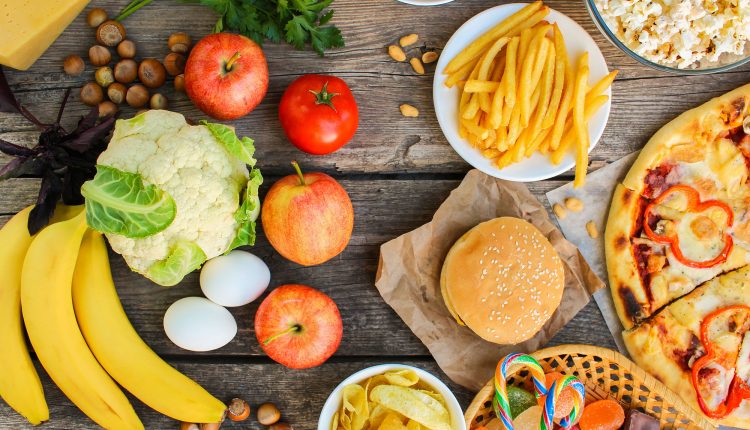
Healthy Eating: Nutritional Value of Potassium
What nutrient comes to mind when you hear the word “banana?” That’s right, potassium. Banana is a worldwide example of potassium, but what if you could discover more? Hold on to your seats because you’re about to go bananas with what you’re about to read.
This nutrient is the ion or salt in the blood or other bodily fluid that literally carries a charge to keep you energized. The recommended daily intake of potassium (K) is 4700mg. Relax your eyebrows! This may seem like a lot, but this nutrient is abundant in plenty of unprocessed foods.
Why Bananas, Though?
The reason why bananas are the most common food source associated with potassium is probably because it is an easy “in-a-rush-and-out-the-door” solution. Think about it. Whenever we are late for school or work, we usually grab a banana and rush out the door. They contain 500mg of potassium. But, apart from bananas, there are many other food items that contain potassium. You will be able to find all these items in Pakistan easily. Prepare to be enlightened!
Let us start with fruits and vegetables:
| Cantaloupe | 1 cup | 494mg of K |
| Carrots | 1 cup | 354mg of K |
| Orange | 1 medium | 237mg of K |
| Baked potato (with skin) | 1 medium | 900mg of K |
Do you want to know a fun fact? A baked potato with its skin contains 400mg of potassium more than a banana. It also contains 45% of the daily for vitamin C. Who knew!
Nuts and Legumes:
| Chick peas | ½ cup | 238mg of K |
| Almonds | 2 ounces | 412mg of K |
| Peanuts | 2 ounces | 374mg of K |
Peanuts, almonds and chickpeas are fun things to snack on while watching television!
Meat and fish:
| Trout | 3 ounces | 375mg of K |
| Tuna | 3 ounces | 484mg of K |
| Cod | 3 ounces | 438mg of K |
Dairy:
| Plain non-fat yoghurt | 8 ounces | 531mg of K |
| Skim milk | 1 cup | 382mg of K |
The Power of Potassium
You are probably wondering why potassium is so necessary for us. Don’t worry! You are not alone.
Potassium is the key component to making your heart beat. It plays a part in getting blood to circulate throughout your body. This is because it helps to move your muscle, including cardiac muscles. It also helps in filtering blood in the kidneys and in keeping your nerves functional.
This nutrient has a homeostatic function. It maintains a balanced gas exchange (O2 and CO2) between the blood vessels and alveoli in the lungs. Another way it keeps the body in a state of balance is by maintaining and constant body temperature.
The creation of enzymes by potassium in the digestive tract helps chemically digest the food we eat.
What Happens Without K?
A low potassium level causes weakness and dehydration. People with eating disorders like anorexia nervosa or bulimia have low levels of potassium, which is very harmful for the body. Dehydration, excessive sweating and diarrhea are common causes of low potassium in the body.
Here are some relatable symptoms that may help you find out whether you have low potassium levels:
- Cramping in arms and legs
- Weakness
- Tingling and numbness
- Nausea and vomiting
- Constipation
- Fainting due to low blood pressure
- Abdominal cramping
- Abdominal bloating
- Palpitations
What Happens With Too Much K?
Is it possible to consume a nutrient more than needed? As crazy as it sounds, yes. Although this nutrient is very important in carrying out important functions in our body, there is a limit to how much we need.
Excessive presence of this nutrient in your body can lead to:
- Muscle weakness
- An upset stomach
- Damage to the heart

